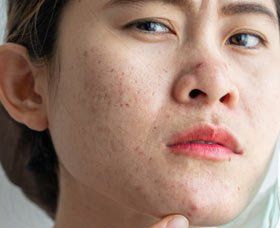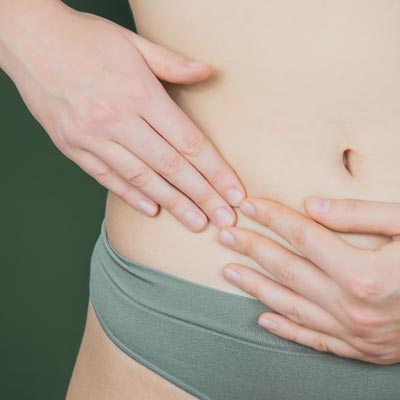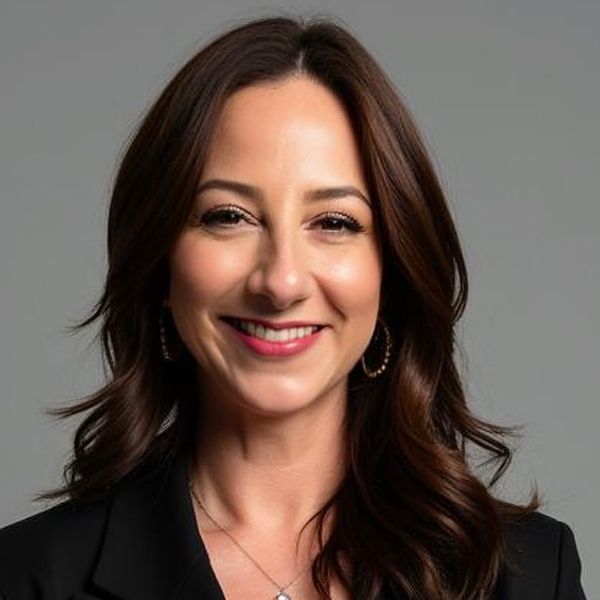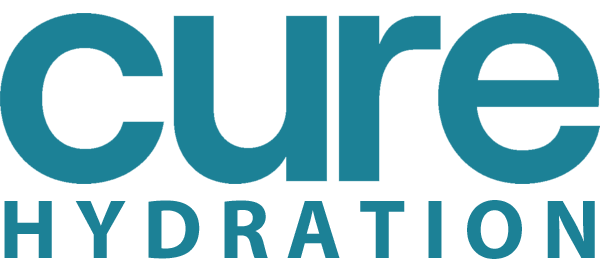What is Polycystic Ovarian Syndrome?
Polycystic ovary syndrome (PCOS) is a surprisingly common fertility issue that affects between 10-15 percent of all women of childbearing age. Women with PCOS have an imbalance of their reproductive hormones that causes the ovaries to work improperly. The ovaries may fail to release an egg, or the egg may not develop. Some women with PCOS have irregular menstrual cycles or missed periods. The condition can increase the risk of ovarian cysts and infertility. Natural Remedies for PCOS are often effective.
Concerns Associated with Polycystic Ovarian Syndrome
Dr. Dana Cohen can help determine if PCOS is the reason a patient has struggled to become pregnant. Women uninterested in having children may choose to ignore, or may not notice, the irregular periods. The physical changes that can occur with PCOS may become more difficult to ignore.
The reduction in reproductive hormones can cause appearance changes like hair loss, weight gain, and an increase in the growth of skin tags. Some women may develop more acne than usual, and eruptions may occur on the chest, upper back, and face. Another physical sign of PCOS is a darkening of the skin in areas of friction like neck creases, in the armpits, or the groin.
PCOS is associated with a higher risk of other health conditions. Doctors do not know if these conditions cause PCOS or if having PCOS can make the person more susceptible to certain illnesses. Because of the potential of developing these conditions, women should speak to a doctor about their possible PCOS even if they are not concerned about their potential infertility. Some of the possible health risks associated with PCOS include:
- Diabetes
- High blood pressure
- Depression
- Anxiety
- High LDL cholesterol and low HDL cholesterol
- Sleep apnea
- Endometrial Cancer
- A liver inflammation that is known as nonalcoholic steatohepatitis
Sign-up today and receive ta FREE Dry Brushing Guide written by Dr. Dana Cohen

Common Symptoms of PCOS
- Irregular or absent menstrual periods
- Excess hair on the face and/or body
- Acne
- Weight gain
- Infertility
- Insulin resistance
Common Causes of Polycystic Ovarian Syndrome
Polycystic Ovarian Syndrome Treatments can help reduce the side effects of the condition and improve fertility in many women. An exact cause of PCOS remains a mystery - but experts believe some indicators make a woman more likely to have the condition.
- Heredity: The research into the condition has shown that PCOS may be inherited. Women with female relatives with fertility issues or known to have PCOS may carry a gene that puts them at a higher risk of having the condition.
- Hyperinsulinemia: People with hyperinsulinemia, a condition that makes the body resistant to absorbing insulin, may have a higher risk of developing PCOS. Excess insulin in the blood causes blood sugar levels to rise. When sugar levels rise, the body produces even more insulin. Excess insulin can make ovulation difficult because it increases androgen production. Androgens are hormones once considered male hormones, but they exist in lower levels in women too.
- Inflammation: Chronic low-grade inflammation can stimulate androgen products as well. The health problem can reduce the ability to ovulate, and it can cause issues with the heart and blood vessels.
- Hirsutism: Most females have some hair growth they would prefer not to have. Women often have a small amount of facial hair or hair on their arms. Women who experience hirsutism will grow more than a few stray hairs. The hair growth may resemble a mustache or a beard. Hair may also appear on the knuckles, chest, or back. Speak to a doctor about this problem even if the menstrual cycle seems normal. Hirsutism is often a sign of increased androgen production. It could increase the risk of PCOS or be a sign the condition already exists.
Contact Dr. Dana Cohen MD for Your Personalized PCOS Treatment in NYC
PCOS can be a challenging condition to treat, but integrative treatments such as following an anti-inflammatory diet, avoiding foods which may contain hormones used as growth promoters or foods that one may have a sensitivity, daily exercise and integration of dietary supplements have been shown to moderate the effects of hormone imbalances, weight gain and insulin resistance.
Please contact Dr. Cohen today!











